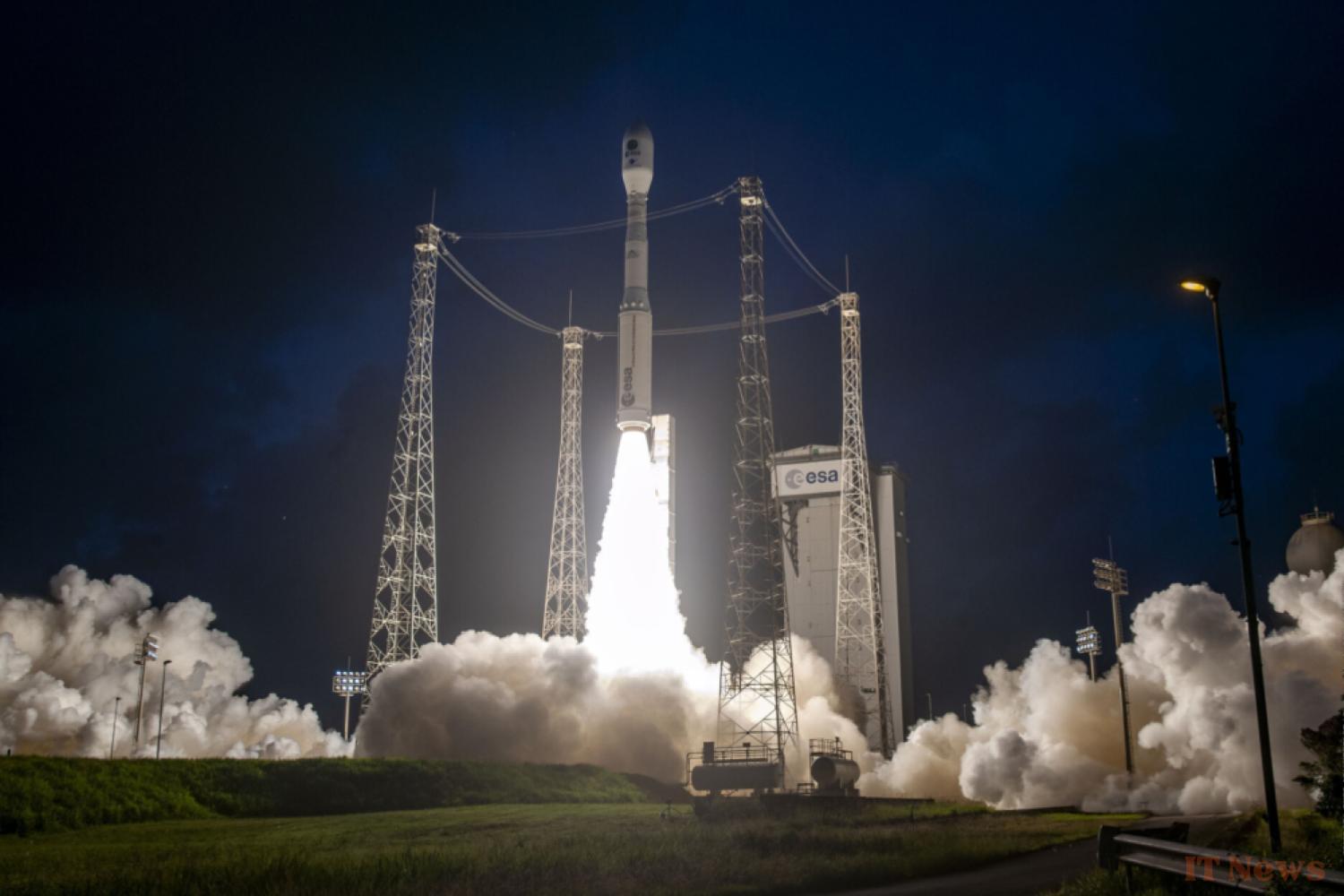A record particularly representative of the evolution of aerospace has just been set: between Monday and Tuesday, no fewer than six different rockets took off in the space of 18 hours from three different continents. A hellish pace that clearly illustrates the rise of this industry.
The previous record, 4 launches in 24 hours, had already almost been broken earlier in the year, in February. It was ultimately only equaled, following the postponement of the Rocket Lab rocket launch. But this time, all the stars finally aligned.
Four launches in less than 7 hours
This veritable fireworks display began on Monday, April 28 in China, with the liftoff of a Long March 5B rocket — the spearhead of the Chinese space industry. This heavy-lift launcher deployed a series of satellites intended to join the Guowang megaconstellation, managed by the government-owned China Satellite Network Group. Ultimately, it is expected to include no fewer than 13,000 satellites parked in low Earth orbit, and is positioning itself as one of the main competitors to SpaceX's Starlink constellation.
In China, a third satellite megaconstellation is being prepared
And as luck would have it, it was Elon Musk's company that took over. Half an hour later, a Falcon 9 took off from Vandenberg Air Force Base with 27 Starlink units under its fairing. And that was just the beginning, as the company repeated the operation a few hours later. A second Falcon 9 took off, this time from the legendary Kennedy Space Center, with a new cargo of 27 satellites. The American giant's constellation is now approaching 7,000 satellites, and at this rate, it will likely reach this symbolic milestone before the end of the year.
Between these two launches, another American industry leader, United Launch Alliance, entered the fray... and once again, its goal was to deploy web satellites. The client was none other than Blue Origin, Jeff Bezos's company, which is also working on its own constellation called Kuiper. This one is still far from being as mature as its competitor's—but it will now be able to count on 27 additional satellites.
In just over six hours, four different rockets were launched from four different sites spread across two continents. The previous record was therefore equaled in a particularly short time, and that was just the beginning.
Two additional launches for a spectacular record
A few hours later, Europe joined the party with a particularly exciting launch, for two reasons. The first concerns the identity of the vehicle: it was Vega-C, the "little sister" of Ariane 6 in the European rocket family. This vehicle is emerging from a complicated period, during which it was grounded for many months following a critical malfunction at the end of 2022.
The failure of Vega-C, a blow to Europe's ambitions
Since then, this little one has recovered. In December 2024, it returned to the forefront with the deployment of the third Sentinel-1 satellite. This new success, the second in a row, confirms that Vega-C is once again in full possession of its capabilities, and that Europe can count on it to continue restoring its autonomous access to space. On board was the Biomass satellite, a device deployed in a sun-synchronous orbit to monitor the evolution of certain ecosystems, particularly forests. It will collect a large amount of data, each more valuable than the last for biodiversity and environmental specialists.
This grand parade concluded a few hours later with the liftoff of the Alpha rocket, built by the American startup Firefly Aerospace. It is still a very young device that had only flown five times so far, and this lack of maturity was unfortunately felt. Although the launch went satisfactorily, a technical problem occurred during the separation of the payload, a technology demonstrator from industrial giant Lockheed Martin. This satellite was unfortunately lost in the aftermath and will never reach its destination orbit.
Despite this missed end to the day, it is still a historic date for global aerospace. Just ten years ago, the idea of seeing six different rockets take off in such a short period of time was still the stuff of science fiction. It is now a reality, and it's a safe bet that this momentum will only intensify — notably thanks to SpaceX, which has never hidden its intention to chain launches at an unprecedented pace. But Elon Musk's company will certainly not be the only one to accelerate the pace. We can therefore expect this record to fall again in the relatively near future. What an era!



0 Comments